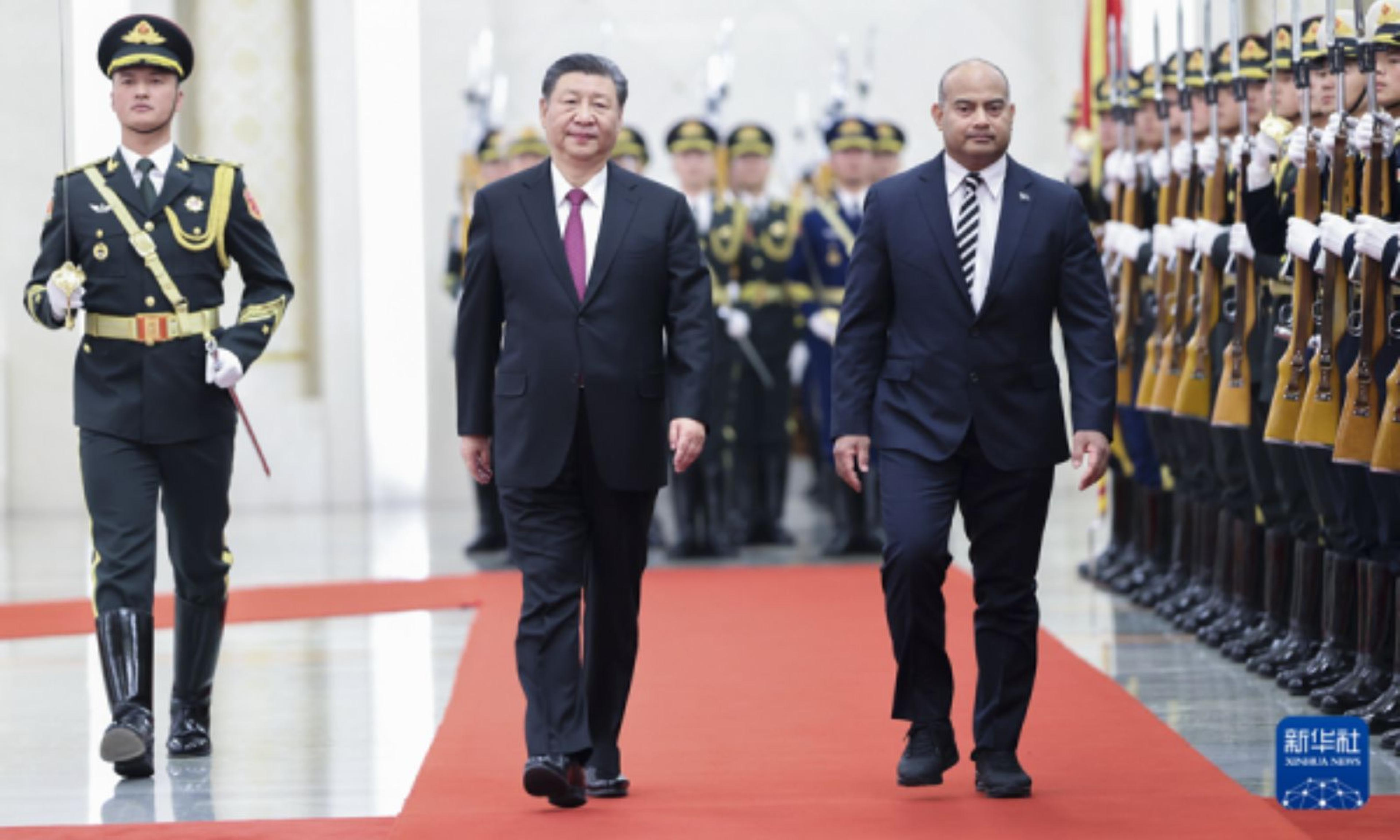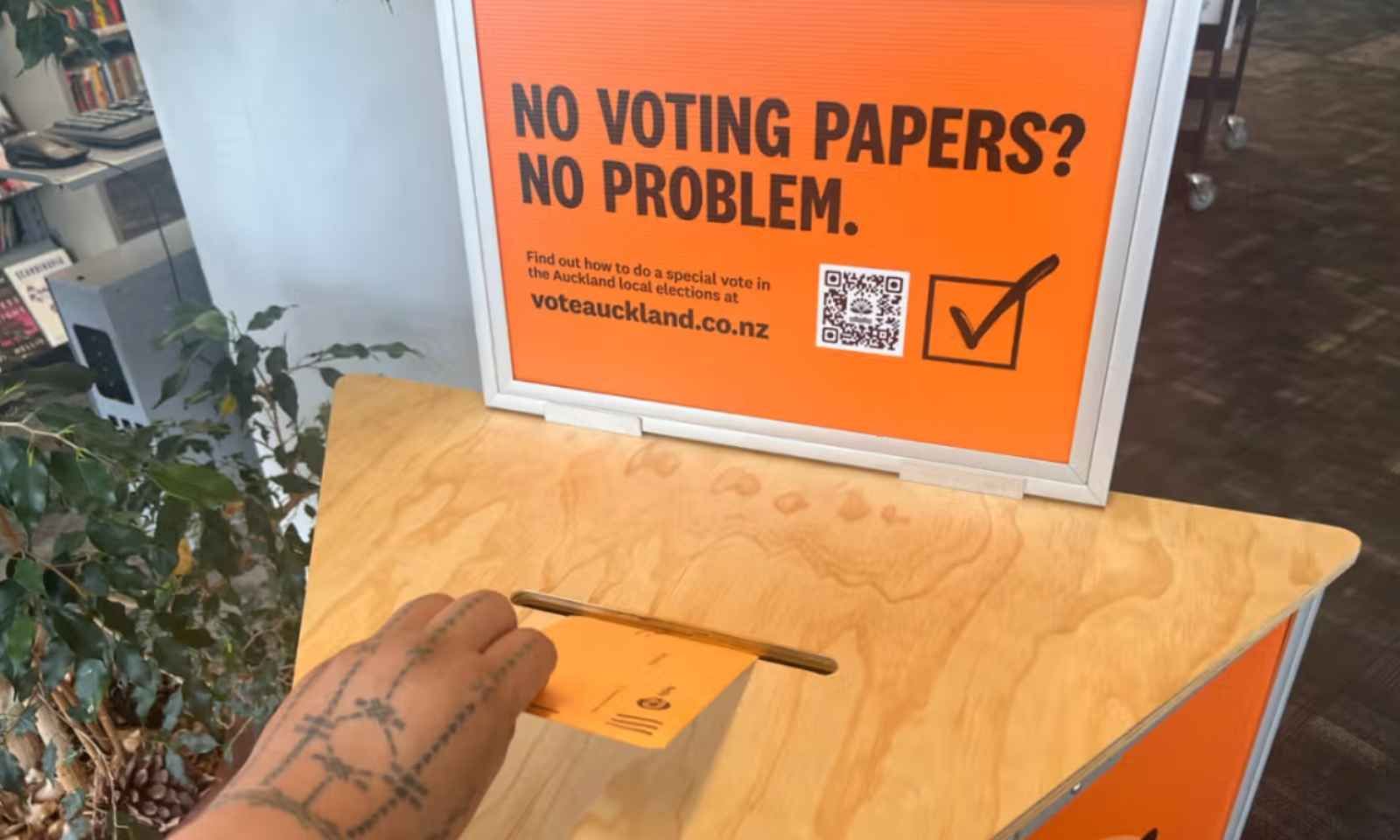

David Seymour is the Minister for Regulation and the Associate Minister of Health, Finance, Education , and Justice. He was first elected to Parliament as MP for Epsom in 2014, at which point he became Leader of the ACT Party.
Photo/Supplied
ACT celebrates first local election success, as party leader vows to end race-based politics
The ACT Party gained nine wins across the country, marking a transformative moment in its political journey.



Nauru President re-elected amid China controversy and plans for deep sea mining

‘Dementia is not the end’: A son’s heartfelt love letter to his mother

Pasifika, Māori called to reclaim ocean tradition and safety culture to reduce drowning rates


ACT celebrates first local election success, as party leader vows to end race-based politics

Nauru President re-elected amid China controversy and plans for deep sea mining

‘Dementia is not the end’: A son’s heartfelt love letter to his mother

Pasifika, Māori called to reclaim ocean tradition and safety culture to reduce drowning rates
Deputy Prime Minister and ACT Party leader David Seymour says the party is celebrating its first local election victory, achieving nine wins across Aotearoa New Zealand and marking a new chapter in local governance.
In an interview on Pacific Mornings, Seymour announced that nine ACT-endorsed candidates were elected nationwide, from Northland to Otago, out of 46 who ran.
“It’s also been a really great exercise for us just identifying some really great talent,” Seymour says. “There’s some people I’m kind of almost happy they didn’t get elected because they can run for us in the general elections [next year].”
This year, the ACT Party launched its largest local government campaign, fielding 46 candidates across 25 councils. Successful candidates include Amanda Lockyer, who stood for Auckland’s Ōrākei Local Board, and Nigel Elder, who contested the Greater Wellington Regional Council.
Seymour says the election results show support for the party’s message of practical reform and its opposition to what he labels divisive policies, such as Māori wards.
Māori wards are electoral areas where constituents registered on the Māori parliamentary electoral roll vote for candidates. Recent referendum results showed that 25 councils voted to remove Māori wards while 17 chose to keep them.
Watch David Seynour's full interview below.
“We don’t believe that Māori people need special wards to get elected,” Seymour says.
The ACT Party’s position on Māori wards has drawn criticism, including from the Greens, who called the referendum “unnecessary”.
The Green Party’s Local Government spokesperson, Celia Wade-Brown, says, “The Government needs to stop dictating policy to councils and instead work with our communities in achieving the change they need.”

Local elections in New Zealand are held every three years to elect local government politicians across the country. Photo/PMN News/Mary Afemata
In addition to his views on Māori wards, Seymour reiterated his stance on the Ministry for Pacific Peoples (MPP), which he believes adds to the issue of having too many government departments.
His comments follow Prime Minister Christopher Luxon’s confirmation that a merger of smaller ministries, including the MPP, will not take place under his government.
“Let’s just work on having a small simple government that serves all people excellently and then you don’t need to get into this bureaucracy,” Seymours says.
Watch Christppher Luxon's full interview below.
Despite the Prime Minister’s confirmation about the merger not proceeding, former Minister for Pacific Peoples, Aupito William Sio, warned it could be postponed.
“I think it might be a pause, but I think it’s also timely because I think people are concerned about it, particularly from our community,” Aupito says.
“They’re wondering whether this government values Pacific peoples at all. We know that there isn’t a strong advocacy voice within this government, so I think it will buy him [Luxon] time to consider the optics of it.”